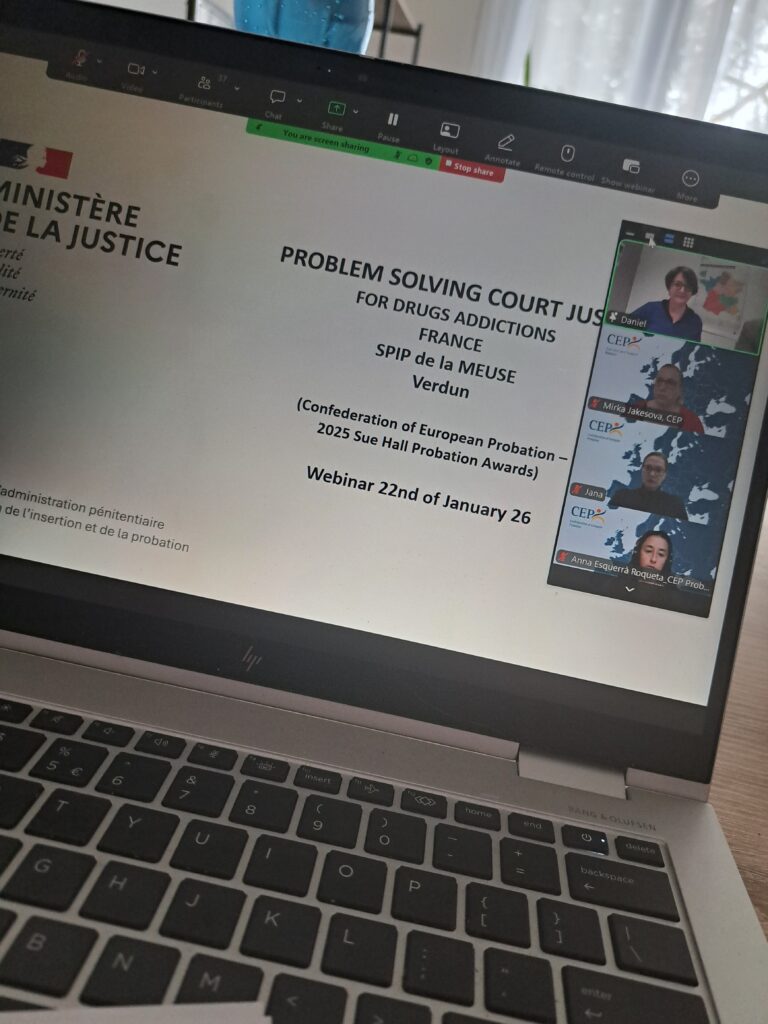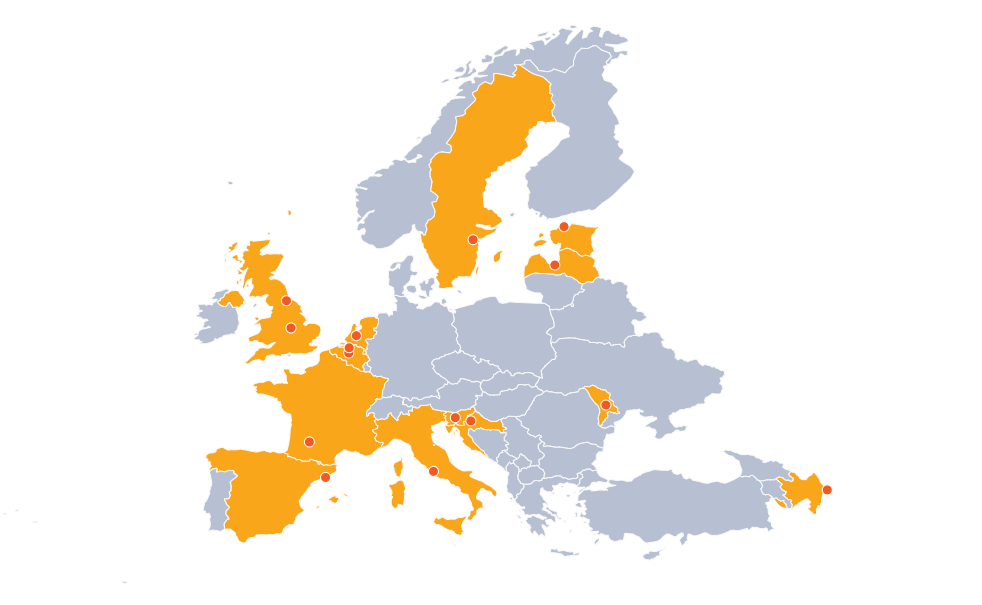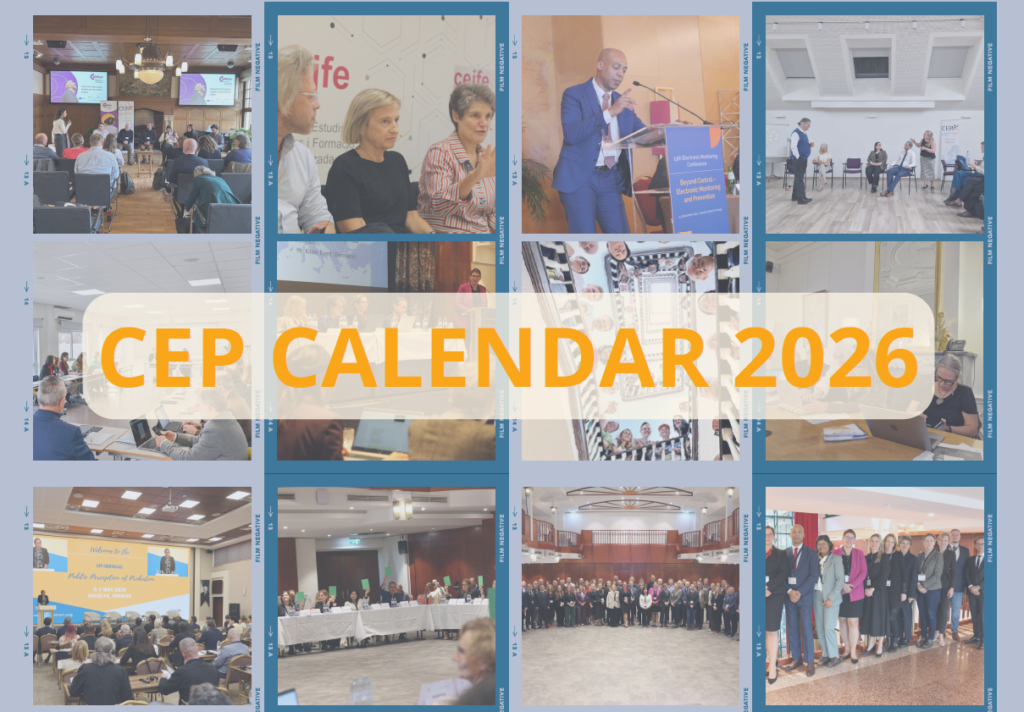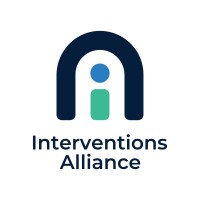Previous Article
News
People in probation: stories from the practice
The story of Margaret (58), COSA volunteer
“He must live somewhere anyway, so let him live here”
“Last week it happened again: a bunch of kids were messing around his house. They kicked against his door and made comments about abusing children. I asked those kids to stop bothering him, it makes him anxious and suicidal.” Margaret is COSA volunteer. COSA stands for Circles Of Support & Accountability and is a unique and innovative community justice initiative for post-release monitoring in and by the community of medium- and high risk sex offenders.
The method entails that a sex offender after release is regularly visited by volunteers from the local community. They assist in resettling in the community by stimulating pro-social behaviour and by providing support and practical help. The volunteers are also trained to recognize behaviour indicating increased risk with the ex-offender. In that case they will alert members of the so called outer circle of COSA that consists of professionals, such as probation officer, therapist or police officer, who can take necessary steps to prevent further offending.
.jpg) Margaret: “Last year a new neighbour arrived in one of the rent control houses across the street. He was leading a secluded life. Me and my husband went over once to become acquainted, when one of the villagers discovered our new neighbour was a convicted sex offender. Panic broke loose. It almost became a witch-hunt, it’s was even on national television. People were furious, thinking it was a scandal such a man living among us. He had to be put in a home for elderly, where no children were near, even had to be castrated, and so on. Our village was divided in two camps: one camp convinced he had to leave and the other, the majority of the village, believed that he deserves another chance.”
Margaret: “Last year a new neighbour arrived in one of the rent control houses across the street. He was leading a secluded life. Me and my husband went over once to become acquainted, when one of the villagers discovered our new neighbour was a convicted sex offender. Panic broke loose. It almost became a witch-hunt, it’s was even on national television. People were furious, thinking it was a scandal such a man living among us. He had to be put in a home for elderly, where no children were near, even had to be castrated, and so on. Our village was divided in two camps: one camp convinced he had to leave and the other, the majority of the village, believed that he deserves another chance.”
“Being the linking pin between this new neighbour and the community was not appreciated by everyone. ‘If anything happens, it’s your fault’, was said. Well, that’s not how it works. Even the mayor feared in the beginning that the community would turn against us. But that never happened. Although some people don’t understand that we are not on the sex offender’s side, but on the community’s side. We cannot for 100% stop him from re-offending but we can surely give our 100% effort to help him rehabilitate and in that way prevent recidivism. He can call us anytime, which is something he does regularly. Small events can make him very anxious, make him feel like a hunted animal. And when he gets anxious, in his mind he makes things worse than they really are. Then he calls everyone in panic: us, probation services, the police. My husband knows very well how to talk to him. I’m more a caring person, my husband would say simple but effective things as: ‘come on man, not so bleak.’ Our neighbour is not a bad person, he is a damaged person. And he should live somewhere anyway. So let him live here, in a small town where everyone knows each other and we can keep an eye on him.”
In 2002, COSA was first introduced in Europe, in the United Kingdom, where were obtained. COSA was transferred to the Netherlands in 2008. In a project funded by the European Commission (called Circles), the elements for a successful transfer of COSA from one national context to another Europe: Together for Safety were identified.This formed the basis for a the project Circles4EU, in which COSA is further implemented in Europe with pilots in Bulgaria, Latvia and Catalonia, and implementation in France, Hungary and Northern-Ireland. For more information on the Circles4EU project, please visit the website.
Related News
Keep up to date with the latest developments, stories, and updates on probation from across Europe and beyond. Find relevant news and insights shaping the field today.
New

Alternatives to pre-trial detention, Community Sanctions and Measures, Framework Decisions, Technology
Future of Criminal Justice: CEP’s Contribution to Key 2025 Dialogues
27/01/2026
Throughout 2025, CEP and its representatives actively participated in the online Technical meetings ahead of the HLF as well as the High Level Forum on Future of Criminal Justice taking place on 4-5 March 2025, 20-21 May 2025 and 1-2 October 2025 in Brussels, Belgium.
Recap

Alternatives to pre-trial detention
Recap: Webinar on Alternatives to Detention 2026
26/01/2026
On Thursday 22 January, CEP hosted the first webinar of 2025 on the topic of Alternatives to Detention. The session led by Ms. Marina Pajoni from the French Prison and Probation Service titled „Problem Solving Justice in Pracitce: The Meuse Probation Service´s Approach to Drug Addiction“ introduced an innovative programme developed by the Meuse Probation Service in close cooperation with the French Ministry of Justice.
New

Education and Training
CEP launches an interactive European map of probation education and training institution contacts
22/01/2026
The CEP is pleased to inform its members that a new dedicated section has been developed on the CEP website featuring an interactive map of Europe.
New

CEP Events
CEP activity calendar 2026
20/01/2026
As we begin the new year, we would like to thank all CEP members, partners, and participants for your continued engagement and valuable contributions. Your involvement plays an essential role in shaping CEP’s work and activities.
We are pleased to share the CEP calendar for 2026, which provides an overview of the events planned for the year ahead. We look forward to continuing our collaboration and welcoming you to upcoming CEP activities throughout the year.
Thank you for being part of the CEP community.
New

CEP members, Gender-based violence
Interventions Alliance’s Eden House Recognized as Outstanding
15/01/2026
CEP is delighted to share that Eden House, an Interventions Alliance residential service for women with high-risk or complex needs on probation, has been rated “Outstanding” overall by HM Inspectorate of Probation. In 2022, Eden House was honored with the CEP Public Protection Award. Our sincere congratulations to the team for this remarkable achievement.
New

Education and Training
The Judicial Training Dashboard
14/01/2026
The European Training Platform (ETP) is a search tool for justice professionals. You can find self-learning materials on a great variety of EU law practice areas and related topics, as well as links to training providers’ homepages and course catalogues.
Subscribe to our bi-monthly email newsletter!
"*" indicates required fields
- Keep up to date with important probation developments and insights.

